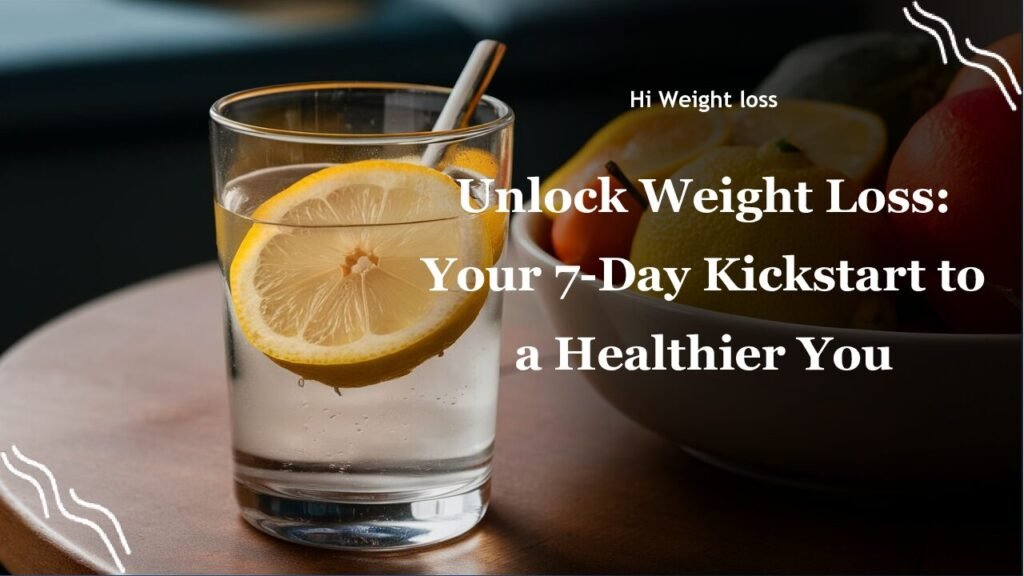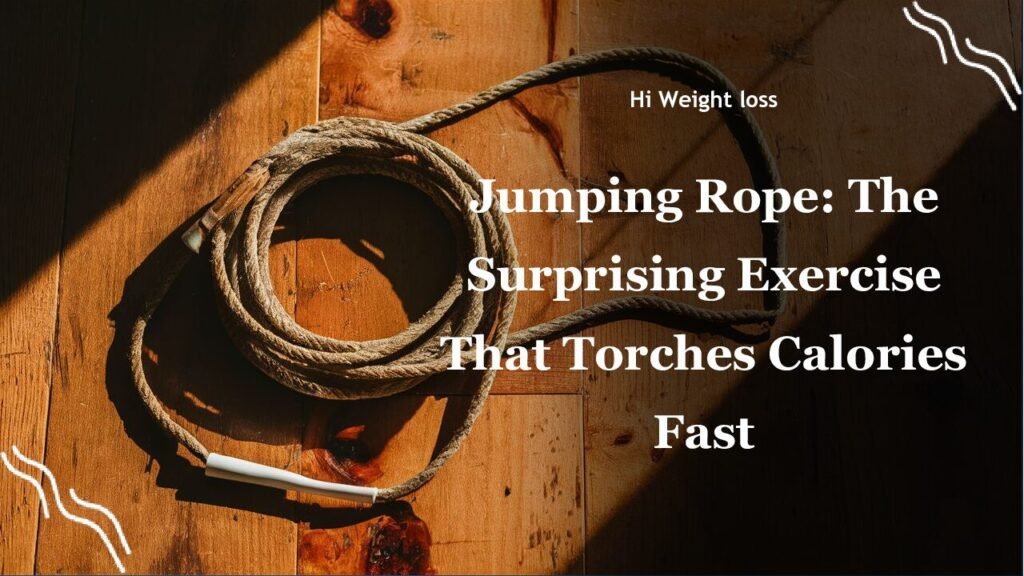Feeling frustrated with your weight and wishing for a quick, safe way to shed those extra pounds? It’s a common struggle, and I’ve been there myself, trying fad diets that left me feeling drained and demotivated. The good news is that effective weight loss doesn’t have to be a mystery. This article will explore scientifically-backed strategies like intermittent fasting, mindful eating, and balanced nutrition, providing you with a roadmap to lose weight quickly and safely, without sacrificing your well-being.
How to Lose Weight Fastly? A Comprehensive Guide
Understanding the Basics of Rapid Weight Loss
Before diving into specific methods, it’s essential to understand that sustainable weight loss is a marathon, not a sprint. While “fast” weight loss can be achieved, it should always prioritize safety and overall health. Rapid weight loss typically involves a combination of reduced calorie intake and increased physical activity.
When I first started my weight loss journey, I was tempted by many quick-fix solutions. However, I quickly learned that healthy, gradual changes yield the best results in the long run. It’s about adopting lifestyle changes, not just following a diet.
Intermittent Fasting: A Powerful Tool for Weight Loss
Intermittent fasting is a dietary pattern that cycles between periods of eating and voluntary fasting. It’s not about *what* you eat, but *when* you eat. This method can be highly effective for weight loss. It can also improve metabolic health. Here are two popular methods:
- The 16/8 Method: This involves fasting for 16 hours each day and restricting your eating window to 8 hours.
- The 5:2 Diet: This method includes eating normally for 5 days of the week and restricting your calorie intake to 500-600 on the other 2 days.
I tried the 16/8 method for a few weeks, and it was initially challenging, but I eventually adjusted, and it had helped me to control my daily calorie intake.
The Power of Mindful Eating
Mindful eating is about paying attention to your eating experience. It means being fully present while eating. This can help you to make better food choices and avoid overeating. Some helpful tips for mindful eating include:
- Sitting down to eat at a table.
- Avoiding distractions like TV or your phone.
- Eating slowly and savoring each bite.
- Making considered food choices that nourish your body.
I remember a time when I would eat mindlessly in front of the television, often finishing a whole bag of chips without even realizing it. Learning to eat mindfully has dramatically changed my relationship with food.

Protein-Rich Diet: Key to Satiety
Protein is essential for weight loss. Consuming adequate protein helps you feel fuller for longer. It also regulates appetite hormones. This can reduce hunger cravings and promote weight loss. Aim for protein-rich sources like lean meats, fish, eggs, beans, and lentils.
I always found that when my meals were focused on high protein content, I felt more satisfied and less likely to reach for unhealthy snacks between meals.
The Importance of a Balanced Diet
A balanced diet is the cornerstone of any effective weight loss plan. Make sure your meals include a variety of:
- Protein sources
- A variety of fruits and vegetables, aiming for at least 2.5 cups of vegetables daily.
- Healthy fats
- Fiber-rich foods like whole grains, fruits, and legumes
It’s tempting to cut out entire food groups, but a balanced approach ensures you get the nutrients your body needs while still achieving your weight loss goals.
Physical Activity: The Calorie Burner
Physical activity is vital for burning calories and supporting weight loss. Combining cardio workouts with weight training provides the best results. Aim for at least 30 minutes of moderate-intensity exercise most days of the week. This could include brisk walking, jogging, swimming, or cycling.
I found that scheduling my workouts into my day, just like any other important appointment, greatly increased my consistency. And remember, finding an activity you enjoy is crucial for long-term adherence.
Hydration: Water is your Weight Loss Ally
Drinking plenty of water is essential for overall health. It also can help reduce food intake, increase fat burning, and promote weight loss. Sometimes, what we perceive as hunger is actually thirst, so staying hydrated is key.
Carrying a water bottle with me throughout the day has been a game changer. It’s a small habit with a significant impact.
Time-Restricted Eating for Calorie Control
Similar to intermittent fasting, time-restricted eating involves limiting the number of hours you eat per day. This approach often leads to an overall reduction in calorie intake. For instance, if you limit your eating window to 8 hours, you are, in effect, incorporating a method of intermittent fasting which may have a positive effect on reducing your overall calorie intake.
I’ve found that choosing a consistent eating window helps manage my hunger cues throughout the day. It’s a structured approach that works well for me.
Avoiding Liquid Calories: A Simple Yet Effective Strategy
Liquid calories from sugary drinks like sodas, juices, and alcohol can quickly add up without you even realizing it. Cutting these out can drastically reduce your daily calorie intake, helping you to lose weight fastly. Opt for water, unsweetened tea, or black coffee instead. You’ll be surprised by the difference it makes.
When I realized how many calories I was consuming from sugary drinks, I made a conscious effort to switch to water and noticed a positive shift on the scales.
Putting It All Together
Losing weight quickly and safely involves a combined approach of dietary changes and increased physical activity. Methods such as intermittent fasting, mindful eating, a balanced diet that includes sufficient protein and fiber and doing regular exercises are supported by scientific research. And also, cutting out sugary drinks and limiting eating to a certain period of time can also contribute to a rapid weight loss.
The key to sustainable weight loss is not about quick fixes but about adopting long-term healthy habits. It is about taking it step by step, finding what works best for you and your lifestyle, and then sticking to it.
Sample Daily Meal Plan
Here’s a sample meal plan that incorporates the tips discussed above. Remember that portion control and individual dietary needs vary from person to person.
| Meal | Example Food |
|---|---|
| Breakfast | Omelet with spinach and feta cheese, a slice of whole-wheat toast |
| Lunch | Grilled chicken salad with mixed greens, avocado, and a light vinaigrette |
| Dinner | Baked salmon with roasted vegetables like broccoli and bell peppers |
| Snacks | A handful of almonds, apple slices with peanut butter, or a yogurt cup |
Conclusion
Losing weight quickly and safely is achievable by integrating several strategies into your daily routine. By incorporating intermittent fasting, focusing on mindful eating techniques, and ensuring you are eating a balanced diet which is rich in protein and fiber, and combining them with regular exercises, you are taking steps in the right direction. Remember to hydrate properly, consider time-restricted eating, and eliminate liquid calories to further amplify your results. My personal journey, and the journeys of others I’ve known, have shown me the importance of patience and consistency. Ultimately, it’s about developing a healthy lifestyle that you can maintain long-term. You’ve got this! Take the first step today and begin your journey towards a healthier you by gradually making small adjustments to your diet and lifestyle. How will you implement these changes into your daily life?
FAQ
How quickly can I expect to lose weight?
Weight loss varies from person to person. However, it’s generally safe to lose 1-2 pounds per week. Rapid weight loss might be possible but can be difficult to maintain, therefore gradual changes are preferred.
Is intermittent fasting safe for everyone?
Intermittent fasting is generally safe but may not be suitable for everyone. If you have any underlying health conditions, consult a doctor before starting. It is important to check in with your health professional before you begin any new dietary program.
How much protein should I consume daily?
The recommended protein intake varies based on your activity level and weight. A general recommendation is around 0.8 grams of protein per kilogram of body weight. More protein may be needed for weight loss or muscle gain, but consult with a healthcare professional or a registered dietitian for personalized advice.
Can I lose weight by just changing my diet without exercising?
While dietary changes alone can lead to weight loss, combining it with regular exercise can speed up the process and promote overall health. Exercise is also critical to maintaining weight loss over the long term.
What if I slip up?
Everyone slips up from time to time; the key thing is not to get disheartened. Do not let these occasional slip-ups derail your progress. Acknowledge them, learn from the experience, and get right back on your plan.



